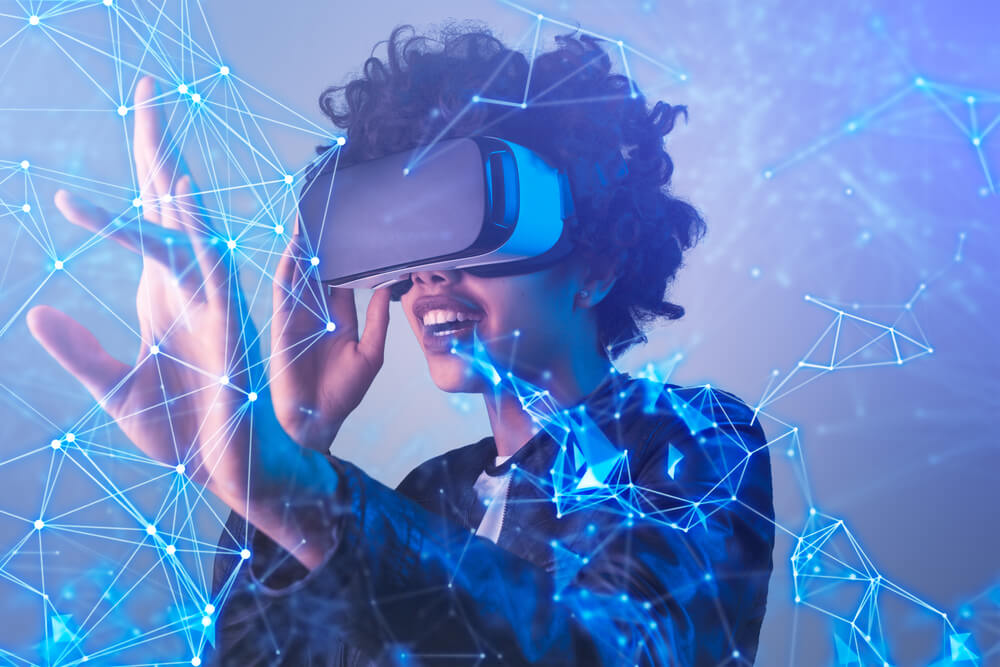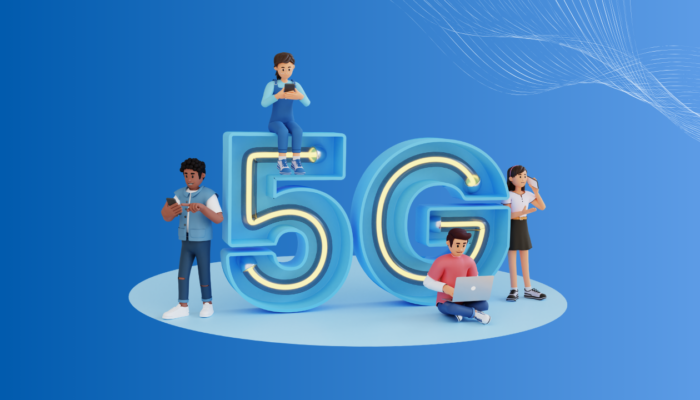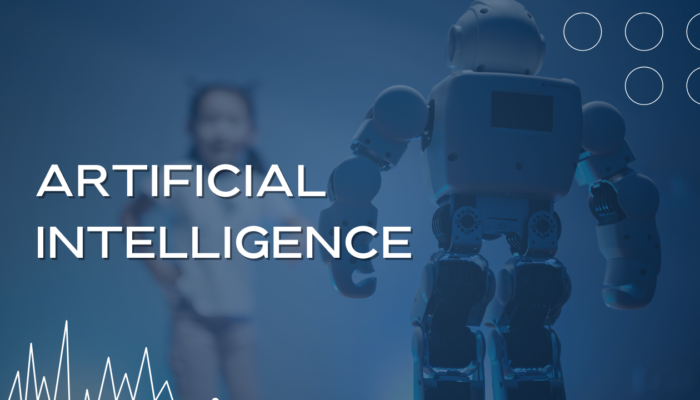Towven.com – Our world is brimming with captivating experiences, yet technology is constantly pushing the boundaries of what’s possible.
Virtual reality (VR) has emerged as a revolutionary technology, transporting us to entirely new worlds and fostering a sense of immersion unlike any other.
VR utilizes computer-generated environments and sensory stimuli to create an illusion of reality, allowing users to interact with virtual worlds in a seemingly physical way.
This article delves into the captivating world of virtual reality (VR), exploring its core components, diverse applications, and the potential it holds for transforming entertainment, education, and various other fields.
Beyond the Screen: Unveiling the Core Components of Virtual Reality (VR)
Virtual reality (VR) departs from traditional screen-based experiences by creating a fully immersive environment. This immersive experience is achieved through several key components:
-
Head-Mounted Displays (HMDs): The cornerstone of VR is the Head-Mounted Display (HMD). These headsets contain two high-resolution screens, one for each eye, that project images to create a stereoscopic 3D effect.
-
Motion Tracking: VR systems utilize motion tracking technology to sense the user’s head movements and physical actions. This allows the virtual environment to respond dynamically to the user’s movements, further enhancing the sense of immersion.
-
Controllers and Haptic Feedback: VR controllers allow users to interact with objects within the virtual world. Haptic feedback technology provides a sense of touch, further blurring the lines between reality and the virtual environment.
-
Software and Content: VR experiences are powered by specialized software that creates the virtual environments and responds to user input. The quality and diversity of the VR experience heavily depend on the content being experienced.
These components work together to create a captivating and immersive experience, transporting users to fantastical worlds or replicating real-world scenarios with remarkable fidelity.
A Tapestry of Experiences: Exploring the Diverse Applications of Virtual Reality (VR)
Virtual reality (VR) is not just for entertainment; it offers a multitude of applications across various sectors:
-
Gaming: VR has revolutionized gaming, transporting players into the heart of the action. Players can explore expansive virtual worlds, interact with characters, and experience games in a whole new way.
-
Education and Training: VR offers immersive learning experiences, allowing students to explore historical sites, conduct virtual experiments, and practice complex procedures in a safe and controlled environment.
-
Architecture and Design: VR enables architects and designers to visualize and interact with 3D models of buildings and spaces before construction begins, facilitating collaboration and refinement.
-
Travel and Tourism: VR allows potential travelers to virtually explore destinations, experience different cultures, and plan their trips more effectively.
-
Healthcare: VR is being used for pain management, exposure therapy for phobias, and surgical training for medical professionals.
-
Engineering and Manufacturing: VR allows engineers to virtually prototype and test designs, identify potential problems, and optimize product development processes.
-
Retail: VR can be used to create virtual showrooms, allowing customers to experience products in a simulated environment before making purchases.
These are just a few examples of the diverse applications of virtual reality (VR).
As VR technology continues to evolve and become more accessible, we can expect to see even more innovative applications emerge in the years to come.
Beyond the Headset: Considerations and Challenges of Virtual Reality (VR)
While VR offers immense potential, there are some considerations and challenges to address:
-
Cost: High-end VR headsets can be expensive, limiting accessibility for some users. As the technology matures, we can expect prices to become more affordable.
-
Content Availability: The VR ecosystem is still relatively new, and the quantity and quality of VR content can vary. Encouraging content creation is crucial for the widespread adoption of the technology.
-
Motion Sickness: Some users can experience motion sickness when using VR, particularly during fast-paced experiences. As the technology advances, and user interfaces are refined, motion sickness is expected to become less of an issue.
-
Safety Concerns: VR experiences can be so immersive that users may lose track of their real-world surroundings. It’s important to establish safety guidelines and ensure users are aware of their physical environment while using VR.
-
Privacy Concerns: The collection and use of user data in VR applications necessitates robust privacy protections to ensure user trust.







